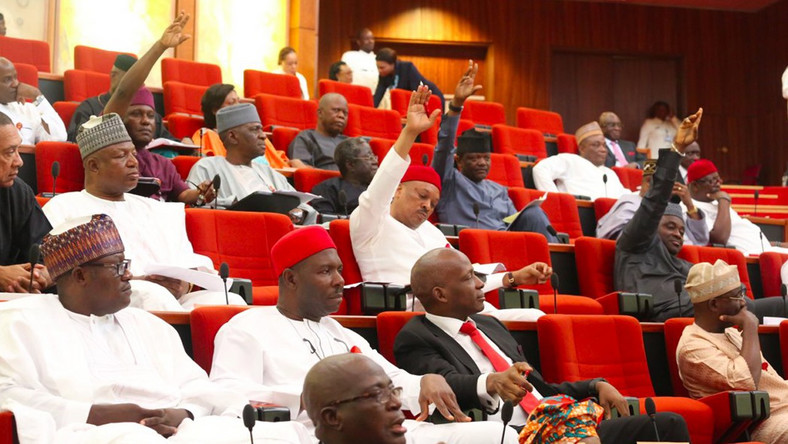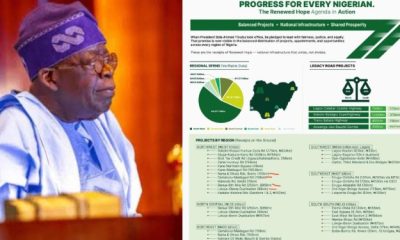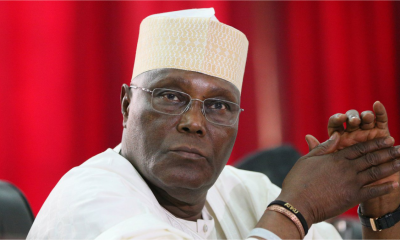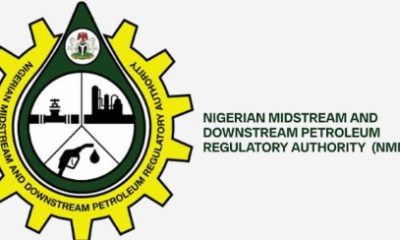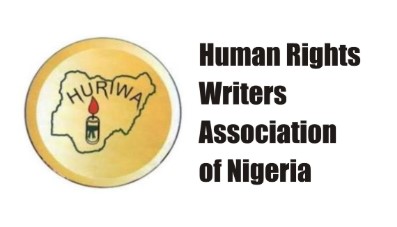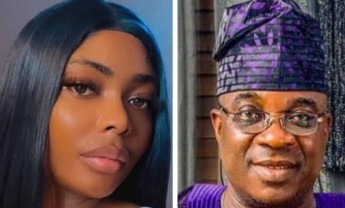Following the hardball politics of Chairman Adams Oshiomhole and his national leader Bola Tinubu, the ruling APC has been able to subdue opposition at the centre.
The victory means a lot in realpolitik that goes on at the federal level.
To the PDP, it’s a double whammy: the loss of the presidential election, and its helplessness at the NASS where it used to hold sway even as the minority party.
The rebellious assembly has now been taken over by the APC, which controls the executive, and, as many believe, has the reins of a section of the judiciary.
Sen. President Ahmed Lawan and Speaker Femi Gbajabiamila, from all indications, will be very easy for the executive to bring to heels.
To the APC, this means power unlimited. And nobody, Oshiomhole said before the election, will share it with the party.
“The leadership must ensure that critical committees that drive government are chaired only by APC members,” he said. “If the Nigerian people wanted PDP to be chairmen of committees they would have voted for them.”
Election over now, the triumph still hangs heavy, though the party recognizes the consequence. Nigerians also do.
”They [Nigerians] also expect that this time around, APC would have no excuse not to deliver,” said the chairman last week.
The take-over of the NASS won’t only bolster up the Muhammadu Buhari administration to do what it likes to do, it will also help scotch the rampaging opposition.
Before the June 11 election, the PDP had reveled in the delusion it could spring surprises, like it did in 2015, by riding on the back of the APC radicals Sen. Ali Ndume and Hon. Mohammed Bago.
As the reality of its losses dawns now, the PDP flank now seems in disarray. And rattled.
Rivers Gov Nyesom Wike couldn’t choke back his anger at the NASS election when he told visiting clerics he would never trust ay man, especially politicians.
“You see the party has a position, before you know it, they are selling out themselves for one plate of porridge,” he told Bishops of the Anglican Province of the Niger Delta at the Government House, Port Harcourt, after the election.
The opposition had wagered everything on Senators Danjuma Goje, Ndume, and Hon Bago. Goje had a bargain: his N25bn corruption prosecution running for eight years, by the EFCC, was transferred to the AGF office. So he pulled out of the race, and endorsed Lawan in the run-up to the election in the Senate.
In the House, over 280 reps, including the PDP, voted for Gbajabiamila.
If this betrayal could hurt Wike, the south-south trigger of the PDP, then a lot more surprises are in the offing.
First, mass defection is certain. Being in power helps Nigerian politicians, either in the APC or the PDP, allay the fear of the future, according to former President Goodluck Jonathan.
And, surely, a coterie of the PDP power players have this fear. Especially now that corruption allegations can hasten the unknowns. So the likes of former Dep. Senate President Ike Ekweremadu, who have corruption allegations dangling around their necks at the EFCC or Code of Conduct Bureau, may eventually save their necks by taking the Goje route.
Hopping to the winning side is not strange in Nigeria.
Thousands, across the nation, defected from the opposition to the APC in run-up to the Feb 23 election. And, many believe, it will be unbearable for the PDP players at the centre to hang around the fringe of federal power for eight years. They had romped on the central turf for 16 years before the APC nudged them out in 2015.
But analysts and critics think the emerging configuration—of no opposition, by default—portends no good for Nigeria.
Former President Olusegun Obasanjo, a sworn enemy of the administration, says it’s a harbinger of political instability.
He is especially worried about the core north hogging the highest offices in the APC government.
“Ahmed Lawan is from the North-East, the acting chief justice of Nigeria is from the north-east, The President of the country is from the north-west. They are all from what we call the core north,’’ said Obasanjo in an interview with the Premium Times before June 12.
“How can you have that kind of arrangement and then be absolutely insensitive to it?
But APC’s supporters believe Obasanjo, who backed the PDP presidential candidate Atiku Abubakar in the Feb 23 election, is a sore loser.
They argue that Nigerians decided to give their mandate to the APC and Buhari.
But what the average Nigerian desire is good governance—not who is in power.
And now that the APC has been invested with absolute control, the party has no more excuse to dawdle.

 Entertainment5 days ago
Entertainment5 days ago
 Health1 week ago
Health1 week ago
 Health4 days ago
Health4 days ago
 Football1 week ago
Football1 week ago
 Football1 week ago
Football1 week ago
 Crime4 days ago
Crime4 days ago
 Education6 days ago
Education6 days ago
 Crime1 week ago
Crime1 week ago
